|
It’s not a big secret that multinational food companies fund a lot of nutrition research in academia. This shouldn’t be a problem, as long as the researchers are free to publish the results, regardless of the findings. But this turns out not to be the case, in some instances, as Sarah Steele and Lejla Sarcevic reveal. the food industry is not above suppressing findings and pulling the plug on studies when they don’t go their way.
Upwards of 225,000 Haitian children are enslaved. Economically poor women are compelled to give their children to female traffickers, who hand them over to other women who use them as domestic slaves. How does such a brutal system still proliferate? Fiona de Hoog Cius spent two years interviewing child traffickers, slaveholders and mothers to get to the bottom of this horrifying reality. Here's what she found.
|

alphaspirit/Shutterstock
Sarah Steele, University of Cambridge; Lejla Sarcevic, University of Cambridge
Some multinational food corporations may have learned a few tricks from big tobacco.
|
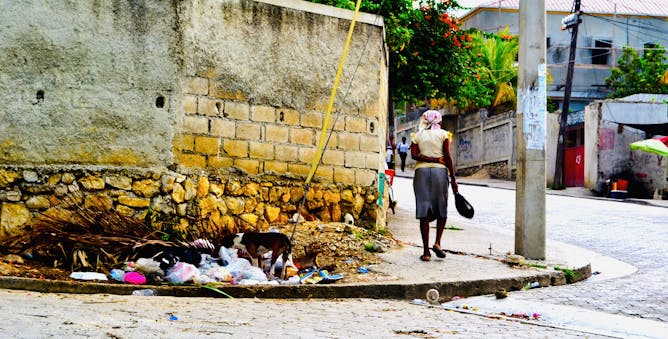
A woman walks along a street in Port-au-Prince's wealthiest district, Petionville. © Fiona de Hoog
Fiona de Hoog Cius, Sheffield Hallam University
Recognising the role of women in global child slavery is key to addressing it.
|
Environment + Energy
|
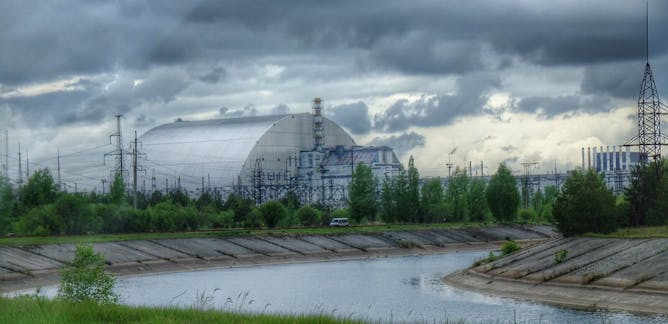
Germán Orizaola, Universidad de Oviedo
The initial impact of the catastrophe on nature was important, but the exclusion zone has now become a natural reserve.
| |

Lowell D. Stott, University of Southern California
Thousands of years ago, carbon gases trapped on the seafloor escaped, causing drastic warming that helped end the last ice age. A scientist says climate change could cause this process to repeat.
|
|
|
Politics + Society
|
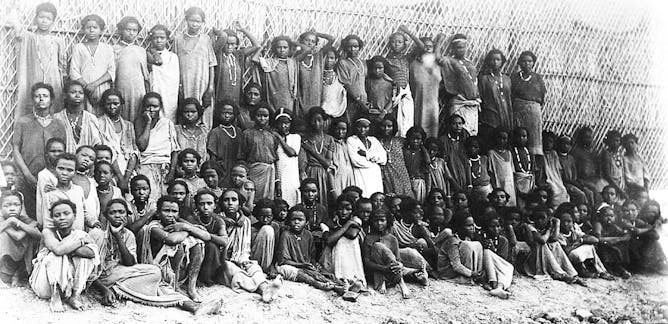
Fred Morton, University of Botswana
Book adds a great deal to our understanding of how children were ensnared into the Indian Ocean slave trade.
| |

Kyle Springer, University of Western Australia
The influential military is still in a position to veto reforms, making the repeal of repressive laws difficult.
|
|
|
Health + Medicine
|
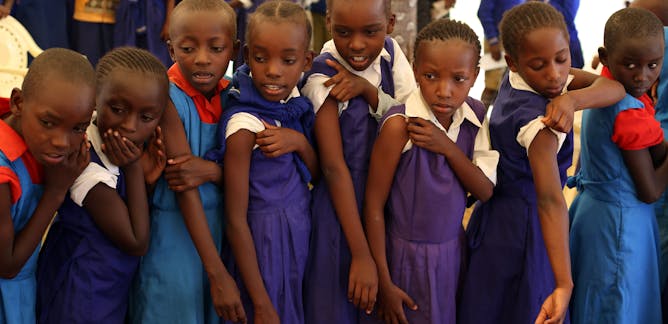
Chris Ifediora, Griffith University
Empowering young women with information in high school can help ensure that certain cancers are caught early.
| |
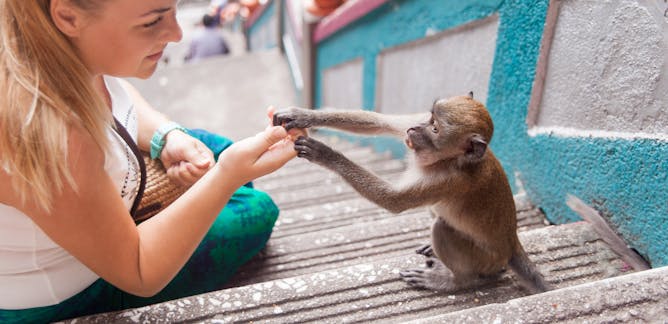
Konstans Wells, Swansea University; Nicholas J Clark, The University of Queensland
The way humans share the world with wildlife has rapidly changed – and this is having a serious impact on the spread of pathogens.
|
|
|